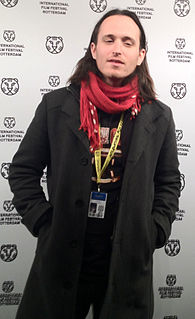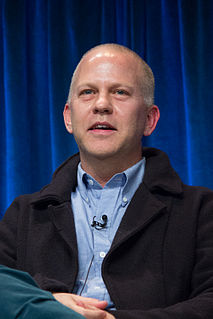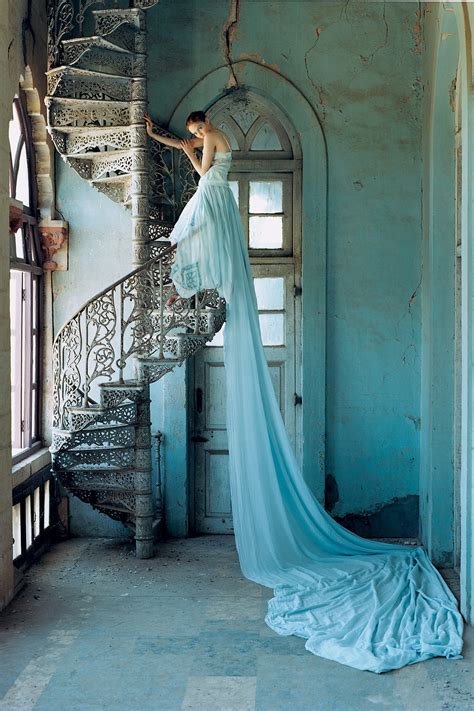A Quote by Gregory Crewdson
I think my pictures are really about a kind of tension between my need to make a perfect picture and the impossibility of doing so. Something always fails, there's always a problem, and photography fails in a certain sense... This is what drives you to the next picture.
Related Quotes
The fact is that the camera is literal if anything, which gives it something in common with a thermometer... Often the tension that exists between the pictorial content of a photograph and its record of reality is the picture's true beauty. There is sleight of hand in photography... you make the viewer think he's seeing everything while at the same time you make him realize he's not. I try to make my pictures seem reasonable and then, at the last minute, pull the rug from beneath the viewer's feet, very gently so there's a little thrill.
There's always a time in any series of work where you get to a certain point and your work is going steadily and each picture is better than the next, and then you sort of level off and that's when you realize that it's not that each picture is better then the next, it's that each picture up's the ante. And that every time you take one good picture, the next one has got to be better.
Photography has almost no reality; it is almost a hundred per cent picture. And painting always has reality: you can touch the paint; it has presence; but it always yields a picture - no matter whether good or bad. That's all the theory. It's no good. I once took some small photographs and then smeared them with paint. That partly resolved the problem, and it's really good - better than anything I could ever say on the subject.
If my pictures are about anything at all, I think it's about trying to make a connection in the world. I see them as more optimistic in a certain way. Even though it's very clear there's a level of sadness and disconnection, I think that they're really about trying to make a connection and almost the impossibility of doing so.
I've always said that to make movies, to make images and sound, is possible by one way or another. And it has not to be ruled by the Pharaohs of Egypt, the Pharaohs from Hollywood or wherever. I have tried very hard to make even a small budget picture here. It always fails. Over a dozen times. And now I know why. It was only because I wanted to be in control of the money. To spend it the way I wanted.
I don't want to knock photography, and I don't feel that film is up there but photography isn't. I think they're next to each other really, you know. There's an incredible strength to a still picture. Or there can be an incredible strength to a still picture that can outlive you. That can outlive a film.
I don't want to sound mystical but sometimes when you take a picture - when the sets are in place - then something takes over and leads you. It's this sense of extraordinary luck and chance. The shoot is blessed and charmed, and you make pictures that you couldn't in your wildest dreams have imagined. That is the magic of photography.
































